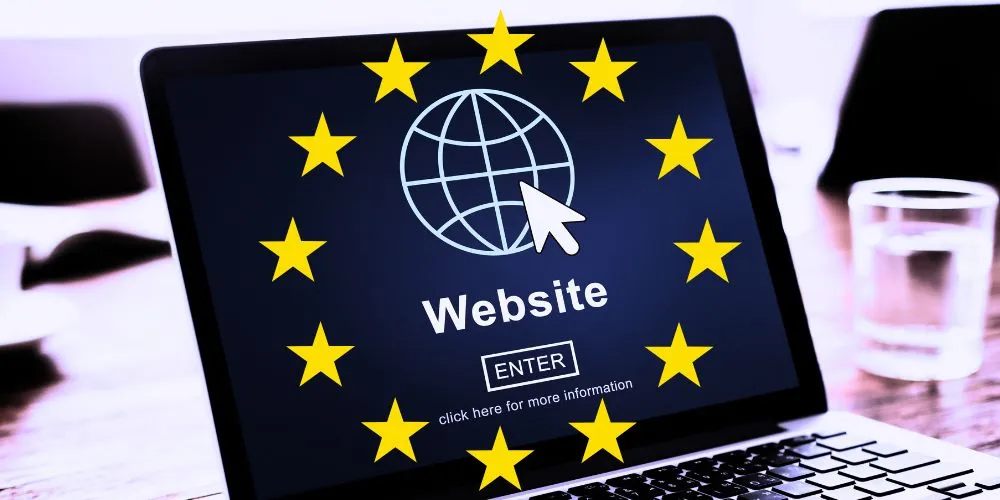Key Points
- The EU General Court ordered the European Commission to pay 400 euros for breaching GDPR rules.
- The case involved improper data transfer when a German citizen used “Sign in with Facebook” on the EU login page.
- Transferring the citizen’s IP address to Meta Platforms violated GDPR standards.
- This ruling marks the first instance of the Commission being held liable for data privacy breaches.
In an unprecedented ruling, the EU General Court has mandated that the European Commission compensate a German citizen for violating its own data protection regulations. The court ordered the Commission to pay 400 euros ($412) in damages after determining that it had improperly transferred the individual’s personal data to the United States without adequate safeguards.
The case originated when the citizen used the “Sign in with Facebook” option on the EU login webpage to register for a conference. The Commission’s action resulted in transferring the user’s IP address to Meta Platforms in the U.S., a move that the court found to be in breach of Europe’s stringent General Data Protection Regulation (GDPR). This landmark decision marks the first time the European Commission has been held financially liable for violating its own data privacy laws.
In response to the ruling, a Commission spokesperson stated, “The Commission takes note of the judgment and will carefully study the Court’s judgment and its implications.” This statement underscores the significance of the decision, which serves as a reminder of the importance of upholding GDPR standards even within EU institutions.
The GDPR is recognized globally as one of the most robust data privacy frameworks. It has been a powerful tool for regulating the handling of personal data. Major corporations, including Meta, LinkedIn, and Klarna, have previously been fined for non-compliance. This ruling extends the application of GDPR accountability to EU institutions, emphasizing that no entity is exempt from adhering to these rigorous data protection laws.
The judgment highlights the EU’s commitment to data privacy, reinforcing the need for strict compliance with GDPR standards. It also sets a precedent for citizens to hold institutions accountable for mismanaging their data, showcasing the growing influence of privacy regulations in shaping the digital landscape.





